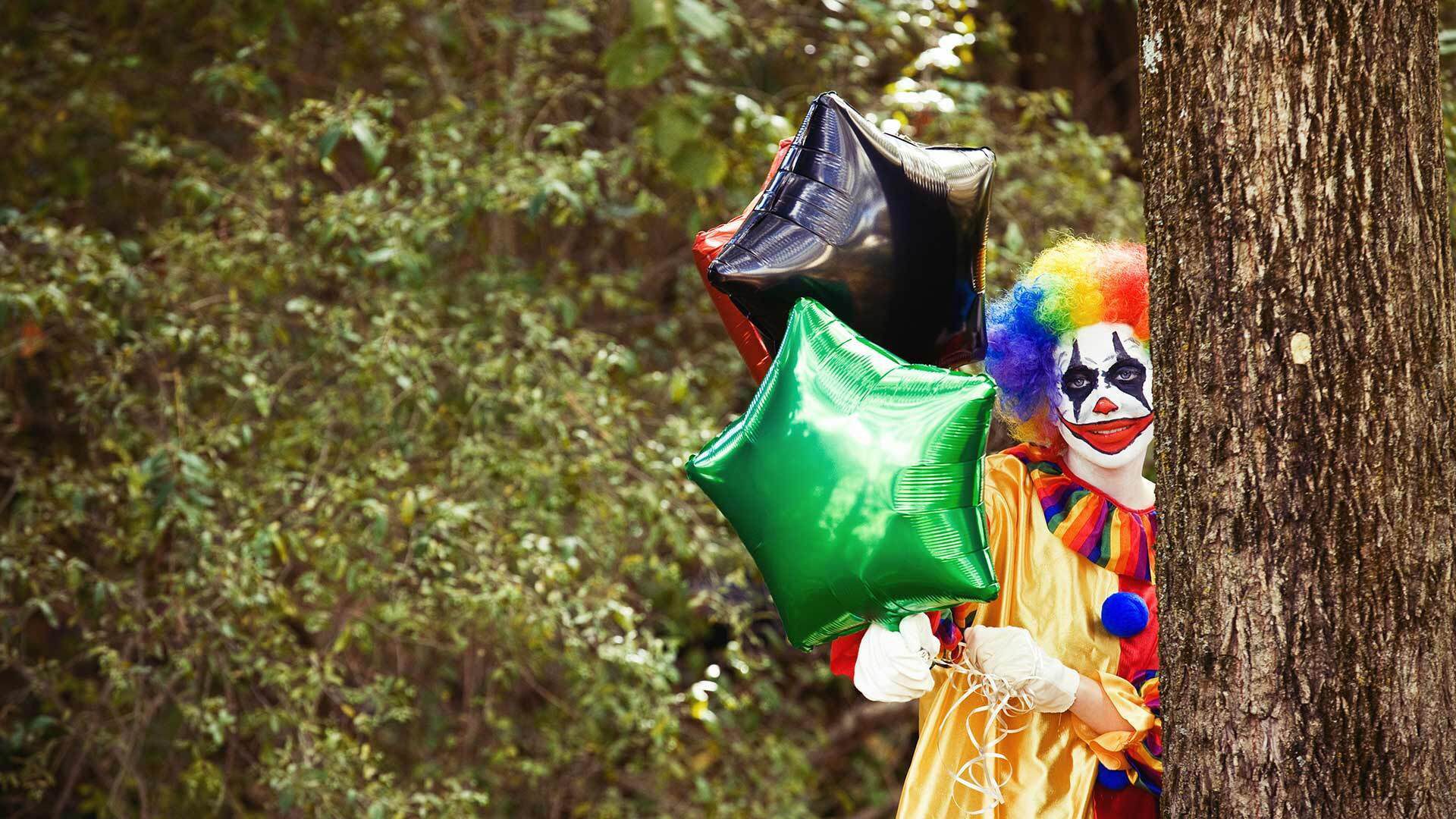- October 26, 2023
- By Trevor A. Foulk
One might expect that as humans, we’d be more comfortable interacting with things that are more like us rather than things that are less like us. But as Halloween sneaks up, it turns out that’s not always true, at least when it comes to what terrifies us, writes Trevor A. Foulk, associate professor of management and organization at the University of Maryland in the latest entry of his Psychology Today blog, “Your Brain at Work.”
For many of us, there’s a limit to how human-like—but not quite human—a character can be before we run screaming.
It’s not hard to understand why a man in a hockey mask holding a chainsaw evokes a feeling of fear when we see it. While many of our scary Halloween paradigms are objectively frightening, there are many prototypical Halloween characters that we find quite creepy, even though they are not necessarily objectively terrifying. For example, this weekend I took my teenage son to a haunted house, and the whole way there he kept saying, “I hope there’s no clowns… I hope there’s no clowns…”.
Clowns, as well as several other scary Halloween characters like zombies, don’t display the clear signs of danger that are designed to frighten us, so why do we find them so creepy?
Read the rest at Psychology Today.
Topics
Research